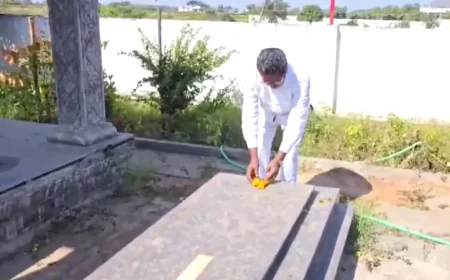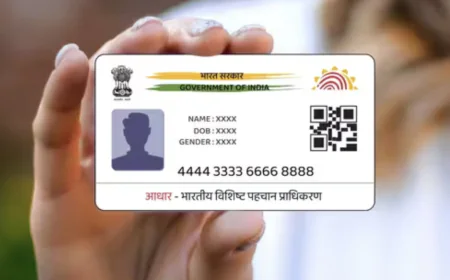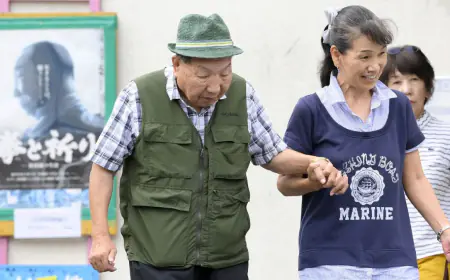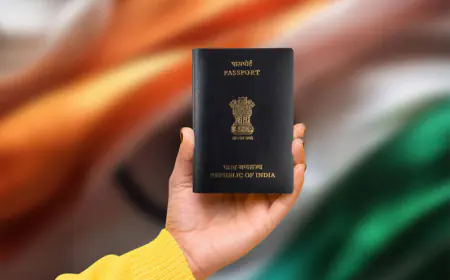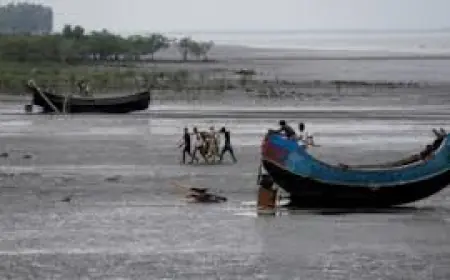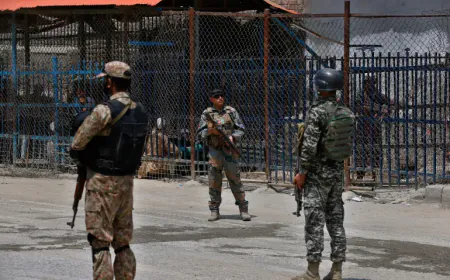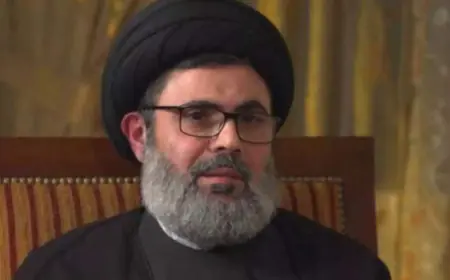Japan: Government will discharge radioactive water from Fukushima plant, PM Fumio Kishida promises to protect fisheries
Japan: Prime Minister Fumio Kishida pledged his government's full support for fishing communities during the decades-long process of releasing treated radioactive wastewater from the damaged Fukushima nuclear plant into the sea. On March 11, 2011, a massive earthquake and tsunami destroyed the cooling system at the Fukushima Daiichi plant, melting down three reactors and contaminating their water.
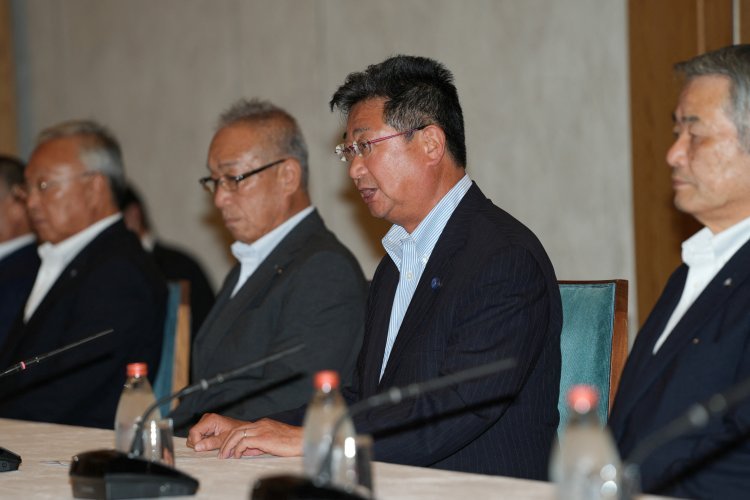
Japanese Prime Minister Fumio Kishida on Monday pledged his government's full support for fishing communities during the decades-long process of releasing treated radioactive wastewater from the damaged Fukushima nuclear plant into the ocean. In a meeting with fisheries representatives, Kishida promised measures to protect the fishing industry until the release was phased out.
Masanobu Sakamoto, head of the National Federation of Fisheries Cooperatives, reiterated his organization's opposition to the release. He said members of the fishing community have gained some confidence about the safety of the move, but they still fear damage to their industry.
Kishida later told reporters that Sakamoto's response indicated a better understanding and that key cabinet ministers would meet on Tuesday to decide on a date to start the release. Japan's national broadcaster NHK said the government hoped it could start by Thursday. The government has offered a total of 80 billion yen in funding for sales promotion and other measures and sustainable fishing operations.
On March 11, 2011, a massive earthquake and tsunami destroyed the cooling system at the Fukushima Daiichi plant, causing three reactors to melt down and contaminating their cooling water. Scientists generally agree that the environmental impact of treated wastewater will be negligible, but some call for more attention to the dozens of low-dose radionuclides that remain in it.
Want to get your story featured as above? click here!
Want to get your story featured as above? click here!
The government announced the release plan in April 2021 and has since faced strong opposition from Japanese fishing organizations, which have threatened the reputation of their seafood as they struggle to recover from the 2011 earthquake, tsunami, and nuclear disaster. And worry about causing harm.
Groups in South Korea and China have also raised concerns, making it a political and diplomatic issue. The government and the plant operator said that the water must be removed to make room for the plant to be shut down and to prevent accidental leaks from the tanks. He says all treated water will be reprocessed until it reaches legally releasable levels and then diluted, making it far safer than international standards.
The International Atomic Energy Agency sought cooperation from Japan to improve transparency and reliability and concluded in a final report in July that the plan if operated as designed, would have negligible impacts on the environment and human health. The government has also stepped up outreach efforts to explain the plan to neighboring countries, especially South Korea, to prevent the issue from interfering with their relations.



































.jpeg)























